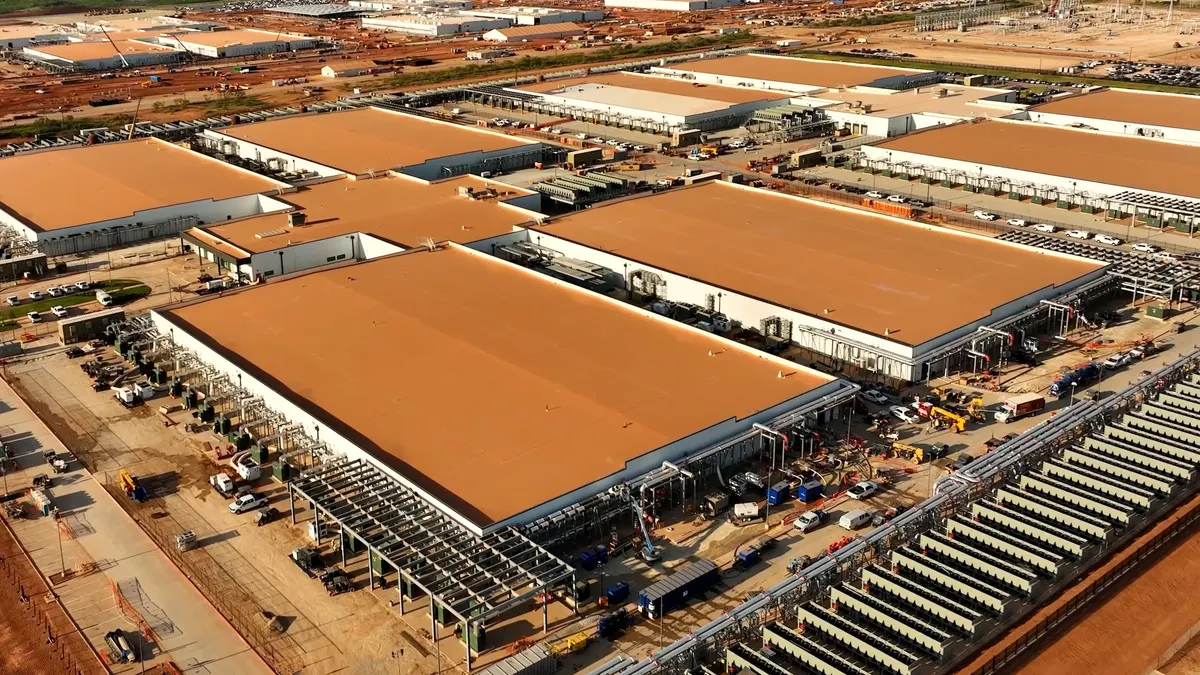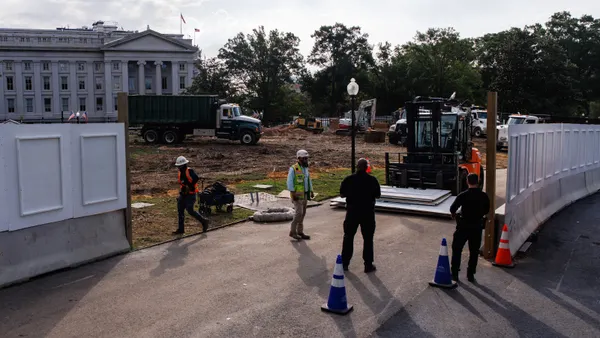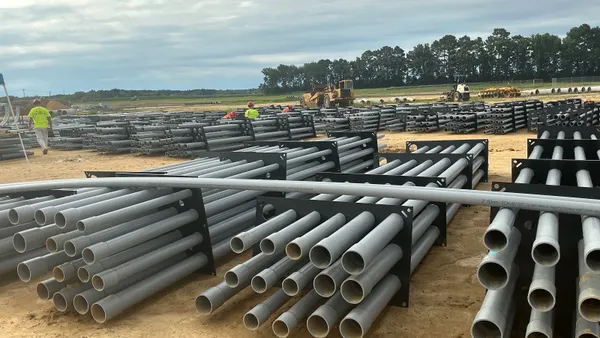Dive Brief:
- Connecticut Gov. Dannel Malloy has put a temporary hold on $4.3 billion in state infrastructure work until new funding for a state financing mechanism has been established, according to the Hartford Business Journal.
- Malloy is pushing for state lawmakers to adopt measures that would pump new revenue into the state Department of Transportation's (CDOT) Special Transportation Fund (STF), which finances state infrastructure projects and transportation system operations. Without new income streams, the STF could be in the red by the state's fiscal year 2019, which starts July 1.
- The governor has not yet released the details of his plan to recharge the STF but said he would do so before the state's 2018 legislative session. Malloy said the holdup on rail, highway and other projects the STF is supposed to fund will hurt Connecticut's chances of competing in the 21st century economy.
Dive Insight:
According to a December report from the CDOT and state Office of Policy and Management, the STF must maintain an adequate balance to back state-issued transportation bonds, as well as the normal maintenance and operations costs for highway, bus and rail systems. As of October's budget, the report said, the STF cannot maintain those basic obligations and support investments in planned capital projects.
One reason behind the decreased revenue was a reduction in the state's gas tax in 1997, which has resulted in a loss of $4 billion to the STF, according to the agencies.
Although the federal gas tax has not seen a decrease, it hasn't risen since 1993, putting the national Highway Trust Fund (HTF) in a similar position to Connecticut's STF. The Congressional Budget Office has reported that the HTF will run dry in the next decade if lawmakers don't raise the gas tax or find new, long-term revenue streams.
At the end of October, The Hill reported that the Trump administration was considering a 7-cents-per-gallon gas-tax increase as a way to recharge the HTF and help pay for the president's $1 trillion infrastructure plan. The move was supposedly executed to make an end run around GOP lawmakers who did not include funding for the massive plan in their tax reform bill. Soon after, Democrats pushed back at the suggestion, proposing that repatriated corporate earnings be used to help pay for infrastructure instead of new taxes on the working class.












